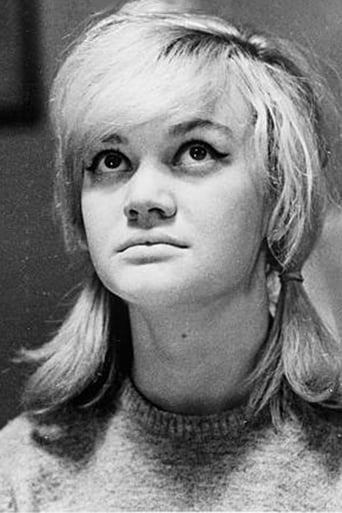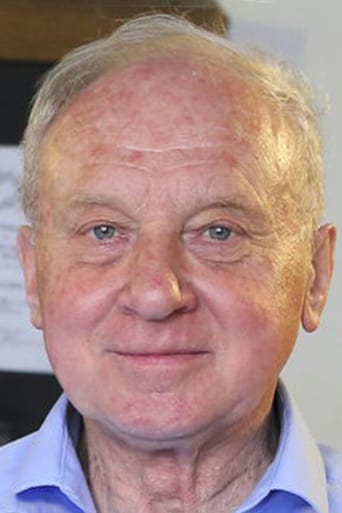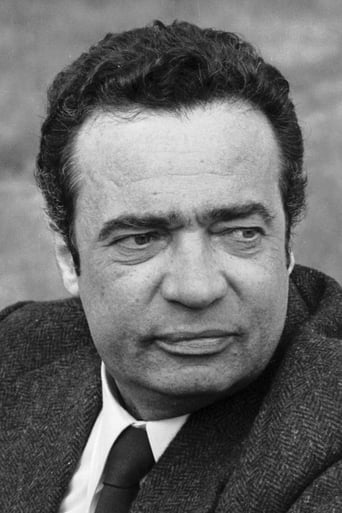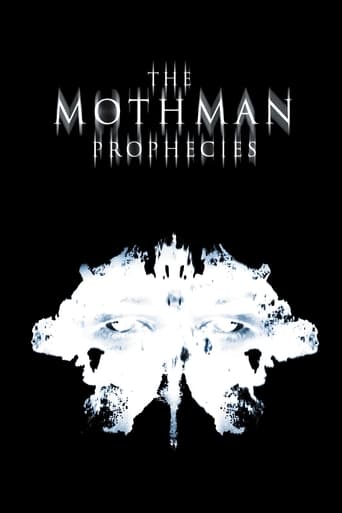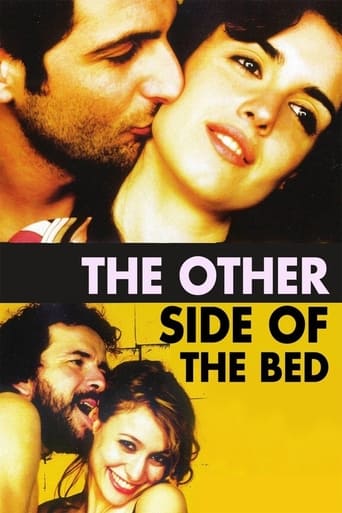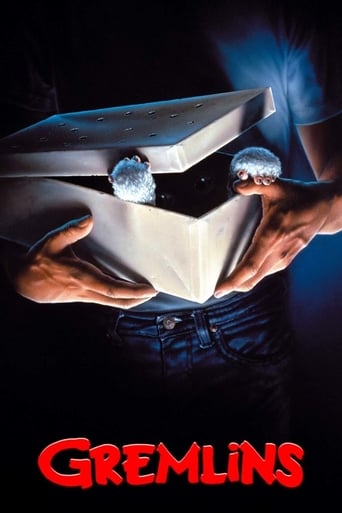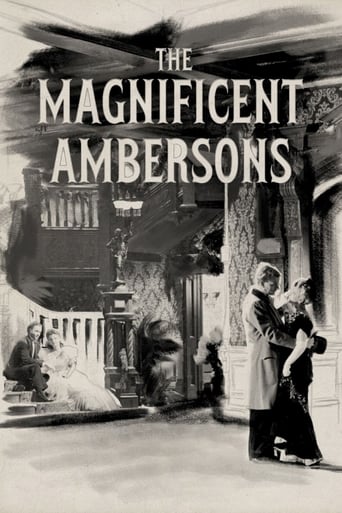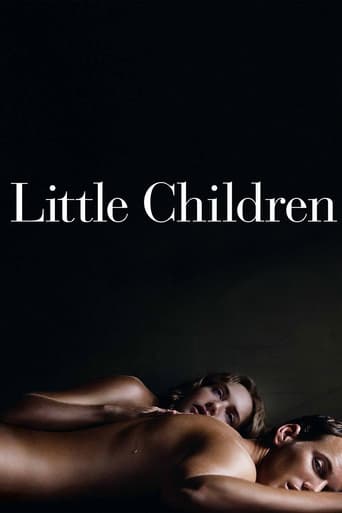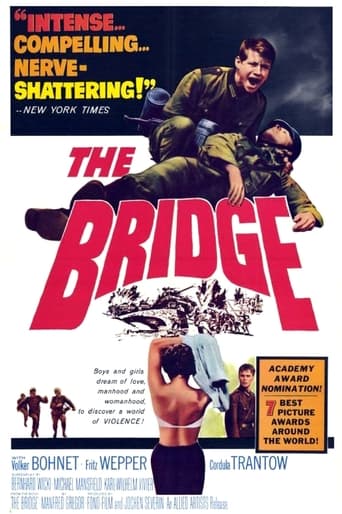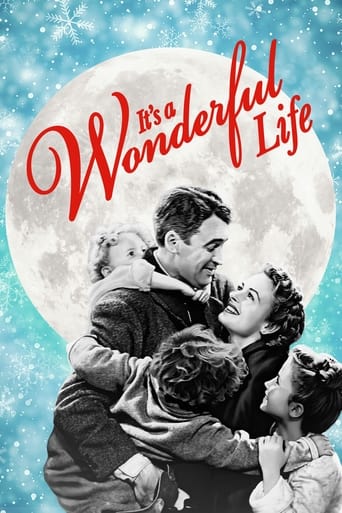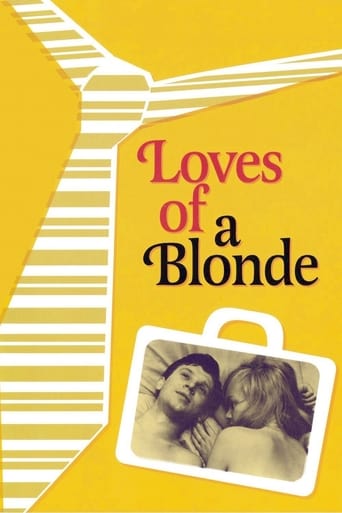
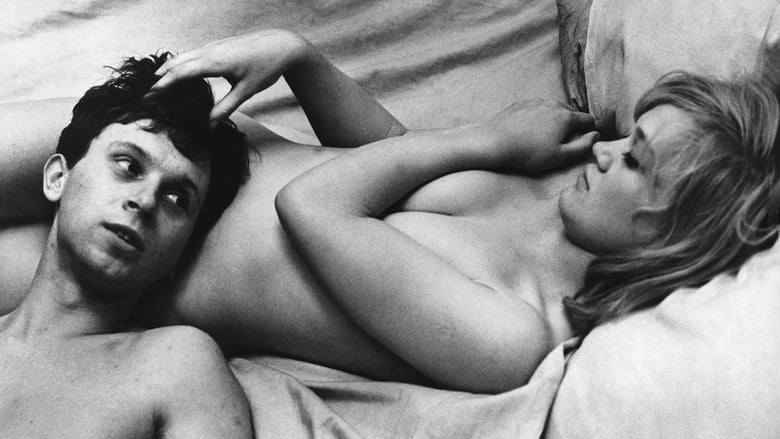
Loves of a Blonde (1965)
Andula, an innocent Czech girl from a factory town, is desperately in search of love. She believes she's found it when she beds Milda, a charming young musician visiting from Prague. Milda, however, is only looking for a casual encounter, and leaves town assuming he'll never see Andula again. But when Andula doesn't hear from him, she packs up and heads to Prague, to the surprise of Milda and his parents.
Watch Trailer
Cast
Similar titles
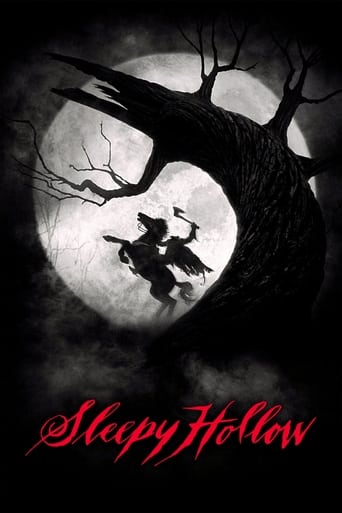
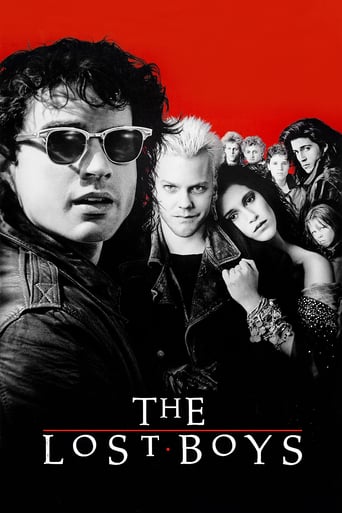
Reviews
People are voting emotionally.
Boring
Am i the only one who thinks........Average?
a film so unique, intoxicating and bizarre that it not only demands another viewing, but is also forgivable as a satirical comedy where the jokes eventually take the back seat.
A factory manager in rural Czechoslovakia bargains with the army to send men to the area, to boost the morale of his young female workers, deprived of male company since the local boys have been conscripted.Loves of a Blonde has often been identified as one of the most significant and ambitious productions of the Czech New Wave, a movement in which a group of young filmmakers, many of whom were educated by the national film academy in Prague, including Forman, Ján Kadár, Věra Chytilová and Jiří Menzel, among others, took significant political risks by using cinema to protest the hypocrisy and absurdity of the Communist state.I'll say it before and I'll say it again, of all the "new wave" movements in Europe, by far my favorite is the one that came out of the Czech cinema. The beauty, the honesty and sometimes the surrealism (though not here) is just spot on, and for me really captures what it means to have film as an art form. That Forman went on to become an international success is no surprise.
With still having strong memories about being caught completely by surprise from Milos Forman's far better than expected 1984 epic Amadeus,I was thrilled to recently discover that a fellow IMDb'er had shared a link to a Youtube page of an early Forman movie from a film movement that I had recently been hearing quite a bit about called the Czech New Wave,which lead to me excitingly getting ready to surf the wave for the first time.The plot:Fearful over their being not enough boys for girls to fall in love for in his village,due to their only being one man to every 16 women in the village,a local businessman decides to do a deal with a military general,which will allow for restless soldiers to pay a visit to the town,in the hope that they end up becoming romantically involved with the residents.Attending a late night party with her dormitory friends,Andula tells her friends to ignore the advances that are getting made to them by a group of old,worn down soldiers.Leaveing her friends behind on the watchful gaze of the army men,Andula secretly pays a visit to a guy called Milda,who along with having played with played in a band earlier in the night,is also someone who Andula is starting to develop a real crush for.Half-heartedly accepting Milda's invitation for her to pay a visit to his room,so that Milda can read her palms,Andula soon begins to find out what direction her palm lines,and her life are heading in.View on the film:For the relationship between Andula (played by a cute,wonderfully uncertain Hana Brejchová) and Milda (played by a very good,manipulative Vladimír Pucholt),the screenplay by director Milos Forman and co- writer's Jaroslav Papousek, Ivan Passer and Václav Sasek use Andula's wish for the relationship to work as a sly way to include some subtle commentary on the communist regime of the time,with Andula working in a shoe shop factory making identical pares of shoes,being connected to the owner of the business trying to get all of the women of the village to settle down with men from the country's old,rusting military.Continuing on the films theme in his directing style,Forman and cinematography Miroslav Ondrícek show in stark black & white everything that Andula is up against in her desire not to conform,from Andula's village looking like a wasteland,and Forman placing the viewer in Andula's corner when a vote is taking at her dormitory for no boys to be allowed in the building.Forman also expertly reveals the full Horror's of what Andula is going against,when after making her first ever visit out of the village to see Milda's parents,Andula is met by the hard stare of Milda's mum,who openly tells Andula that she does not trust any outsiders.
Czech-American screenwriter, professor and director Milos Forman's second feature film which was shot in 1964, entirely on location in Zruc nad Sázavou and written by Ivan Passar, Jaroslav Papousek and Milos Forman, tells the story about a young working-class woman named Andula who lives in a small town called Zruc in Czechoslovakia where the local men is outnumbered by the local female population. Andula is engaged with her boyfriend Tondo, but when she attends a social gathering with her friends Marie and Jana she meets a pianist named Milda and gets involved in a new romance.This slow-paced romantic comedy from the mid-1960s is a brilliantly written and directed social satire which portrays a young woman's non-conformist love life in a very low-keyed manner while making a sharp critique of notions of democracy during a period when the Czech government was still being ruled by a Communist regime. Slightly sad and charmingly humorous, this dialog-driven and condensed study of character from the Czechoslovak New Wave has a gifted cast primarily consisting of non-professional actors.The efficient bittersweet atmosphere which sets the tone and which is reinforced by the fine black-and-white cinematography by Milos Forman's frequent collaborator, Czech cinematographer Miroslav Ondríscek and the jazzy score by Czech composer Evzen Illín. Milos Forman's vividly narrated film gained an Academy Award nomination and a Golden Globe nomination for Best Foreign Language film in 1967, was nominated for the Golden Lion at the Venice Film Festival in 1965 and is emphasized by Czech actress Hana Brejchová's memorable and understated acting performance in her debut role as the charming Andula who is looking for love.
Here's a romantic comedy with some drama undertones made with charm and lots of style by a Milos Forman way before "Amadeus" and "One Flew Over a Cuckoo's Nest"; this is a film made during his Czech phase which is also interesting. He's always a great director, his films are very sharp and he knows exactly how to balance drama and comedy in a perfect composition, looks like a great chemist and this film is quite a surprise if you consider his other works. But it is equally great! In "Lásky Jedné Plavovlásky" ("Loves of a Blonde") Hana Brejchová plays Andula, a pretty young girl living in a small city whose majority is formed by young girls like her waiting for a nice boy to appear. We follow Andula and her friends during a party where they are seen as object of adoration by three soldiers out of duty and way out the girls league since they're quite old for them but they insist with them dancing and paying a bottle of wine they don't even want. But in the same party, there's Milda (Vladimír Pucholt) a young pianist interest in Andula, also a persistent guy who liked Andula and keeps most part of the film trying to make a move on her. He'll be more successful than the soldiers but the destiny awaits some surprises for him...and for her too."Loves of a Blonde" is a humored tale about a woman's journey to the discover of the first love, the enchantments and disenchantment's of it, but also about that old talk about woman's virtue, the value of female honor in not hanging out with too many boys at the same time because this wasn't seen in good eyes by the society (you'll see this in the school scene where the teacher says that to the girls and they make a pledge based on a elevated moral behavior). I quote as "old talk" because times are way different than the one presented in the film and people have another values in terms of almost everything, so what was a something that only men could do, now women can do too if they want; if boys can date or kiss several girls, girls can do the same. It's a quite updated view this film had back in the 1960's in showing Andula trying to not flirt with soldiers in one way but end up talking to them, then later to have a romantic evening with Milda and...she already had a boyfriend as we discover way later. Even though some might condemn this kind of behavior, in the film is presented without any vulgarity and without any excess; it's well humored, very simple and it doesn't demand much from the viewers to make them laugh; laughter comes naturally with "Loves of a Blonde". Among the best moments of the film are the soldier who lost his wedding ring in the ballroom during the party (the whole segment of the party is funny with the unsure soldiers trying to make a move on the girls, then the girls keep saying to themselves they don't the guys near them but can't stop looking at them); Milda's insistent moves on Andula that even includes teaching her how to defend herself from guys like him; the "I don't have a girl in Prague" quote Milda keeps saying trying to amuse the girl saying she's the only one in his life; and segment with Andula visiting Milda's irritating parents (although this moment got more irritating than funny, specially because of the mom, one of the most annoying characters ever presented in a film). Highly recommended. 10/10
